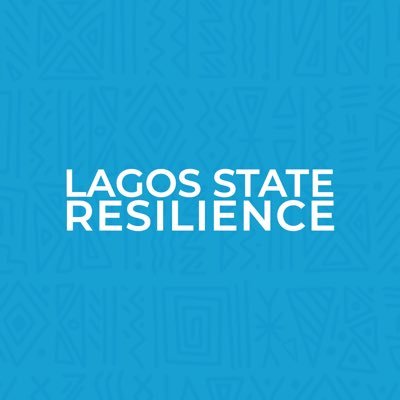The Lagos State Government has announced notable progress in its efforts to fortify the state against present and future shocks, as the Office of Resilience continues to implement far-reaching strategies aimed at enhancing sustainability and adaptability across sectors.
Speaking during a recent assessment of the Lagos Resilience Strategy (LRS), the Commissioner for the Environment and Water Resources, Mr. Tokunbo Wahab, said the Office of Resilience has successfully recorded major milestones that align with the state’s long-term development agenda. According to him, the achievements reflect the government’s proactive approach to urban challenges such as climate change, population growth, infrastructure pressure, and economic disruptions.
The Lagos Resilience Office (LASRO), established in 2019 under the global 100 Resilient Cities initiative pioneered by the Rockefeller Foundation, has been working in collaboration with multiple ministries, departments, and agencies to embed resilience thinking in governance. Among the key milestones recorded so far is the integration of Business Continuity Plans (BCPs) in 12 core MDAs, ensuring that essential government functions can withstand and recover from shocks.
Wahab noted that over 57 Local Government and Local Council Development Areas have now been engaged in resilience-building activities. These engagements are part of a broader framework that aims to decentralise disaster preparedness and response mechanisms, thereby making communities more responsive and self-reliant.
The Office has also launched the Lagos Resilience Intelligence Platform, a digital system that monitors and evaluates resilience initiatives in real time. The platform supports evidence-based planning by providing accurate data for state-wide decision-making.
In alignment with the Lagos Climate Adaptation and Resilience Plan (LCARP), over 30 priority projects are currently being executed. These span critical areas including waste management, public health, transportation infrastructure, and environmental conservation. The cumulative investment target for these interventions is projected at $9 billion by 2035.
Commissioner Wahab emphasised the importance of institutional collaboration in achieving the office’s goals. “Our commitment to building a resilient Lagos is unwavering. Through strategic planning and collaborative efforts, we are laying the foundation for a city that can withstand and adapt to the challenges of the 21st century,” he said.
The Resilience Office’s activities support the T.H.E.M.E.S. Plus agenda of the Governor Babajide Sanwo-Olu-led administration, particularly in the area of environmental sustainability. Experts believe that as Lagos continues its transformation into a global mega city, building resilience will be crucial to ensuring equitable development and protecting vulnerable populations from future crises.
With these milestones, LASRO is setting the tone for how cities across Nigeria and Africa can approach resilience not just as a policy concept, but as a living, functional system embedded in everyday governance.

